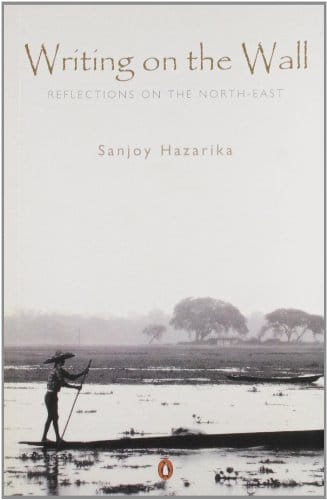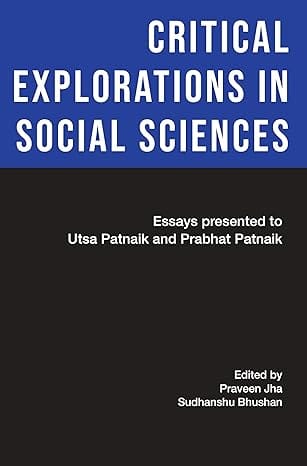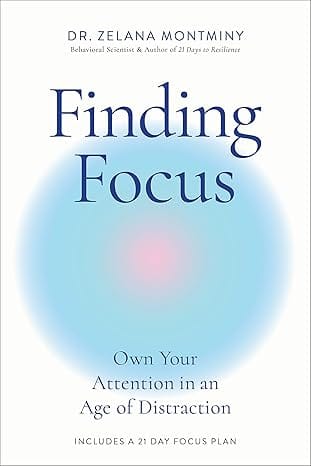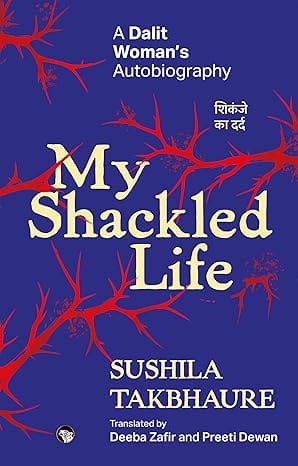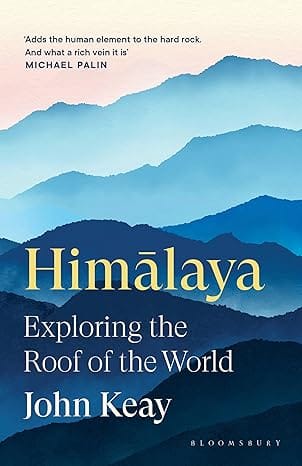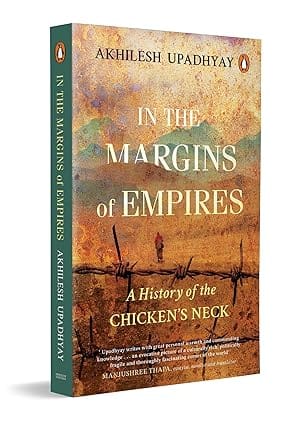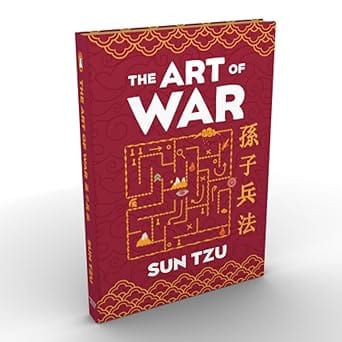WELCOME TO MIDLAND BOOK SHOP!
SHOP FOR
- Non-ficton
- Non-ficton
- Contemporary Fiction
- Contemporary Fiction
- Children
- Children
- Comics & Graphic Novels
- Comics & Graphic Novels
- Non-Fiction
- Non-Fiction
- Fiction
- Fiction
Shop No.20, Aurobindo Palace Market, Hauz Khas, Near Church +91 9818282497 | 011 26867121 110016 New Delhi IN
Midland The Book Shop ™
Shop No.20, Aurobindo Palace Market, Hauz Khas, Near Church +91 9818282497 | 011 26867121 New Delhi, IN
+919871604786 https://www.midlandbookshop.com/s/607fe93d7eafcac1f2c73ea4/677cda367903fd013d69b606/without-tag-line-480x480.png" [email protected]9780143063148 60ad0c8c82cd381252a3218e Writing On The Wall https://www.midlandbookshop.com/s/607fe93d7eafcac1f2c73ea4/60ad0c8d82cd381252a321a8/9780143063148-us.jpg Decades of State and non-State violence in PBI - India's landlocked North-east have taken a heavy toll on livelihoods, incomes, governance, growth and image, besides lives. Despite vast amounts of money being pumped into the region, basic needs and minimum services are yet to be met in terms of connectivity, health, education and power. What are the possible ways forward as the region stands at a crossroads? These fifteen personal essays provide an insider's take on wide-ranging issues: from the Brahmaputra and the use of natural resources to peace talks in Nagaland; from the Centre's failure to repeal the hated Armed Forces Special Powers Act, threats to the environment, corruption in government and extortion by armed groups to New Delhi's Look East Policy and much more. Yet, as these essays make clear, hope, though distant, is not absent or lost. Restoring governance through people-driven development programmes, peace building through civil society initiatives, assuring the pre-eminence of local communities as evident in Hazarika's conversations with the legendary Naga leader, Th. Muivah, and simple economic interventions through appropriate technologies — boats and health care, community mobilization and micro-credit — hold promise for solutions to the web of violence, poverty and marginalization. Writing on the Wall is a passionate call to all stakeholders in the North-east to embrace dialogue and use given platforms for peace, to go beyond the politics of tolerance to that of mutual respect. Only such multi-disciplinary, innovative approaches, rooted in realism, can bring stability and sustainable change to the region. 9780143063148
out of stock INR 200
1 1
Email ID already exists!
Your Current password is incorrect
Password Updated Successfully
Thanks for your Feedback
- Home
- Non-Fiction
- Writing On The Wall
Writing On The Wall
ISBN: 9780143063148
₹200
₹250 (20% OFF)SIZE GUIDE
Back In Stock Shortly - Fill The Book Request Form
Sold By: Hauz Khas - Aurobindo Market
Details
- ISBN: 9780143063148
- Author: Hazarika, Sanjoy
- Publisher: Penguin
- Pages: 176
- Format: Paperback
Book Description
Decades of State and non-State violence in PBI - India's landlocked North-east have taken a heavy toll on livelihoods, incomes, governance, growth and image, besides lives. Despite vast amounts of money being pumped into the region, basic needs and minimum services are yet to be met in terms of connectivity, health, education and power. What are the possible ways forward as the region stands at a crossroads? These fifteen personal essays provide an insider's take on wide-ranging issues: from the Brahmaputra and the use of natural resources to peace talks in Nagaland; from the Centre's failure to repeal the hated Armed Forces Special Powers Act, threats to the environment, corruption in government and extortion by armed groups to New Delhi's Look East Policy and much more. Yet, as these essays make clear, hope, though distant, is not absent or lost. Restoring governance through people-driven development programmes, peace building through civil society initiatives, assuring the pre-eminence of local communities as evident in Hazarika's conversations with the legendary Naga leader, Th. Muivah, and simple economic interventions through appropriate technologies — boats and health care, community mobilization and micro-credit — hold promise for solutions to the web of violence, poverty and marginalization. Writing on the Wall is a passionate call to all stakeholders in the North-east to embrace dialogue and use given platforms for peace, to go beyond the politics of tolerance to that of mutual respect. Only such multi-disciplinary, innovative approaches, rooted in realism, can bring stability and sustainable change to the region.
User reviews
NEWSLETTER
Subscribe to get Email Updates!
Thanks for subscribing.
Your response has been recorded.

India's Iconic & Independent Book Store offering a vast selection of books across a variety of genres Since 1978.
"We Believe In The Power of Books" Our mission is to make books accessible to everyone, and to cultivate a culture of reading and learning. We strive to provide a wide range of books, from classic literature, sci-fi and fantasy, to graphic novels, biographies and self-help books, so that everyone can find something to read.
Whether you’re looking for your next great read, a gift for someone special, or just browsing, Midland is here to make your book-buying experience easy and enjoyable.
We are shipping pan India and across the world.
For Bulk Order / Corporate Gifting
 +91 9818282497 |
+91 9818282497 |  [email protected]
[email protected]
Click To Know More
INFORMATION
QUICK LINKS
ADDRESS
Midland Book Shop - Hauz Khas
Shop No.20, Aurobindo Palace Market, Near Church, New Delhi
Shop No.20, Aurobindo Palace Market, Near Church, New Delhi

